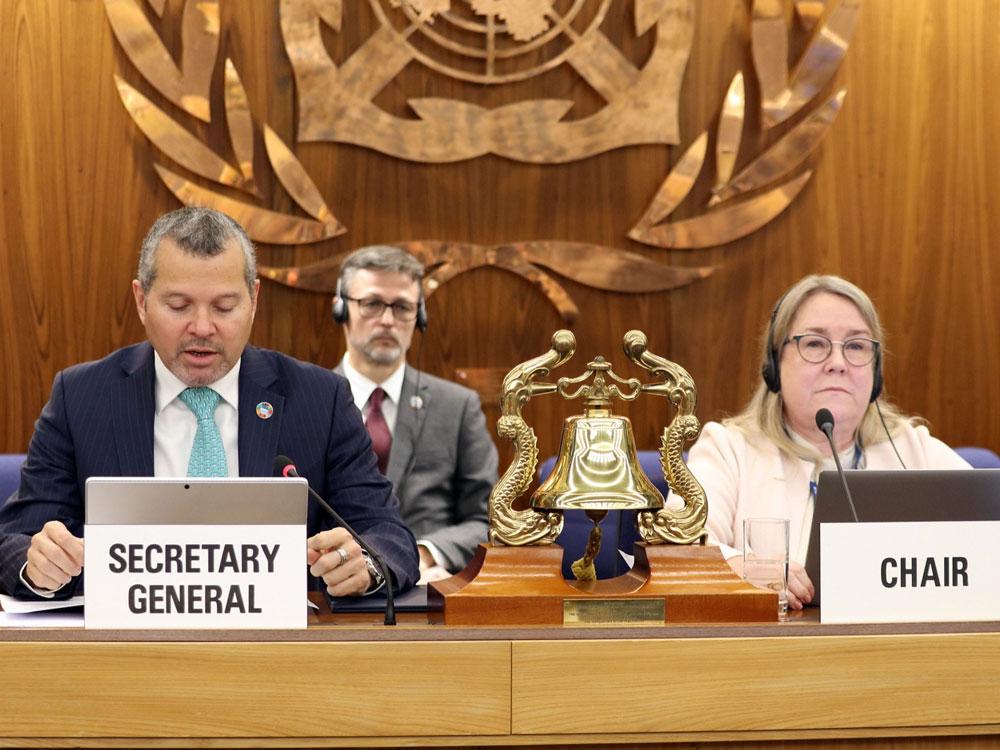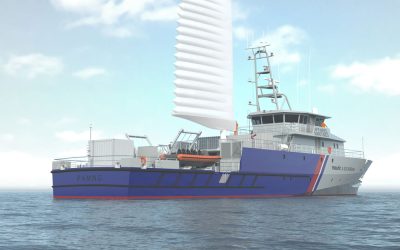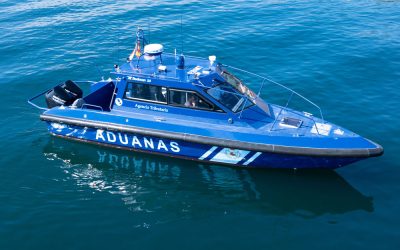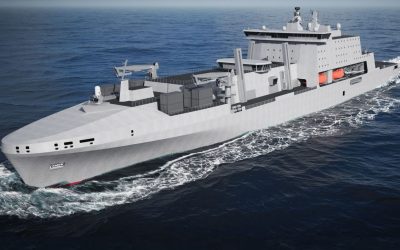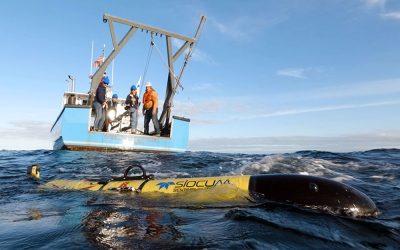The International Maritime Organisation (IMO) Sub-Committee on Pollution Prevention and Response is optimistic that its revised ‘Action Plan to Address Marine Plastic Litter from Ships’ is on track for approval at the upcoming Marine Environment Protection Committee (MEPC) session in April 2025. The announcement came at the conclusion of the Sub-Committee’s 12th session, held at IMO Headquarters in London between 27-31 January.
The updated 2025 Action Plan, a revision of the 2018 version, aims to significantly reduce the maritime industry’s contribution to marine plastic pollution by 2030. Key actions include: establishing an IMO-hosted database for reporting lost or abandoned fishing gear (aka ‘ghost gear’), which contributes significantly to ocean pollution, and introducing mandatory rules for the transportation of plastic pellets by sea.
The Sub-Committee explained that the fishing gear database should include “ship particulars, such as name, length and type of vessel; event particulars, such as the position where the fishing gear was lost or discharged, [and] date and time of the incident; and details about the fishing gear in question”.
Additionally, the Sub-Committee approved draft amendments to the 2023 Guidelines for the Inventory of Hazardous Materials, focusing on better management practices for sewage and scrubber discharge water. The ‘Action Plan’ also calls for provision of guidance on in-water cleaning of ship’s hulls, to prevent the spread of invasive aquatic species through biofouling.
The January session also delved into the concept of ‘polar fuels’, with the aim of minimising ‘black carbon’ emissions in the Arctic, caused by an increase in traffic of HFO-burning ships within the region. Similarly, interim guidance was agreed upon for the carriage of biofuel blends by conventional bunker ships. The Sub-Committee said: “The guidance allows conventional bunker ships certified for carriage of oil fuels under MARPOL Annex I to transport blends of not more than 30% by volume of biofuel, as long as all residues or tank washings are discharged ashore, unless the oil discharge monitoring equipment is approved for the biofuel blend[s] being shipped.”
